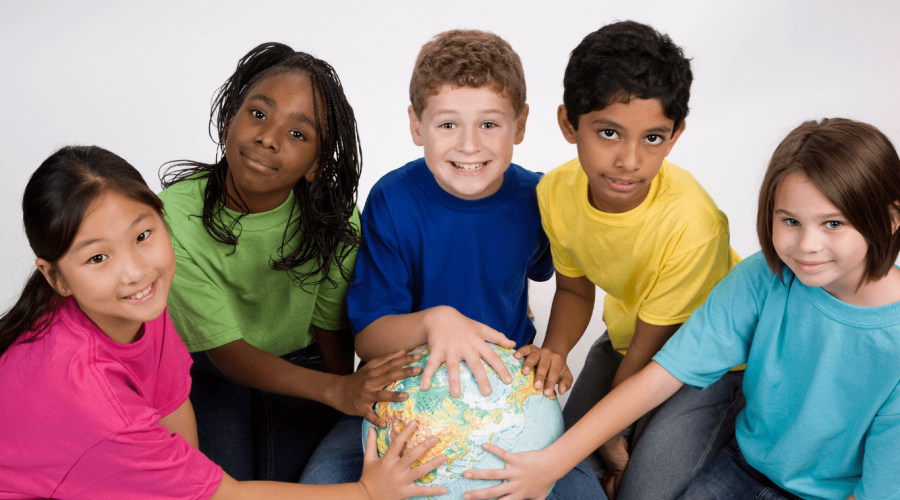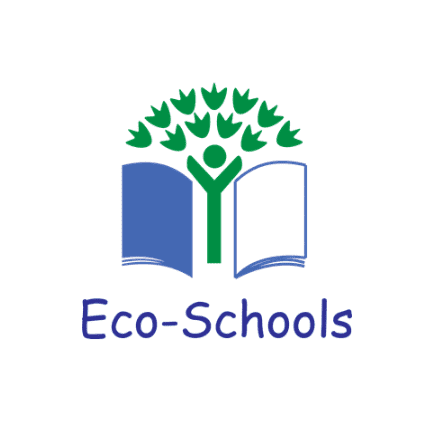In 2015, the United Nations (UN) Assembly established the Sustainable Development Goals (SDGs) to tackle global challenges, ranging from equality for all to building sustainable communities. Montessori education aligns with many of these goals, and is paving the way towards global progress by fostering quality learning, societal harmony, and sustainable development .
Through integration, they create a robust educational framework that not only nurtures individual growth but also cultivates global citizenship. Let’s explore a few specific SDGs and how the principles of the Montessori contribute to their realization.
Quality Education
The goal is to ensure inclusive and equitable quality education and promote lifelong learning opportunities for all. Montessori education emphasizes child-led learning and self-discovery, encouraging students to explore their interests at their own pace, while providing high quality educational experiences.
Good Health and Wellbeing
The goal is to ensure healthy lives and promote well-being for all at all ages. Montessori programs support this goal by incorporating physical activity, outdoor play, and lessons on healthy living into their curriculum, contributing to the development of healthier lifestyles.
Gender Equality
The goal is to achieve gender equality and empower all women and girls. The Montessori method promotes equal opportunities for all children, regardless of gender, aiming to reduce gender stereotypes and biases from an early age.
Reduced Inequalities
The goal is to reduce inequality within and among countries. Montessori education supports this goal by providing equitable learning opportunities to students from diverse backgrounds, including those with disabilities, through its inclusive approach.
Sustainable Cities and Communities
The goal is to make cities and human settlements inclusive, safe, resilient, and sustainable. Montessori education encourages environmental stewardship and community awareness, fostering a sense of responsibility toward creating sustainable communities.
Responsible Consumption and Production
The goal is to ensure sustainable consumption and production patterns. Montessori programs teach children about the importance of conserving resources and minimizing waste, encouraging responsible consumption and production patterns from an early age.
Climate Action
The goal is to take urgent action to combat climate change and its impacts. Montessori education raises awareness about climate change and its impacts, encouraging proactive engagement in climate action, such as conservation efforts and sustainability projects.
Peace, Justice, and Strong Institutions
The goal is to promote peaceful and inclusive societies for sustainable development, provide access to justice for all, and build effective, accountable, and inclusive institutions at all levels. Montessori’s focus on social justice, empathy, and peaceful conflict resolution contributes to the development of peaceful and inclusive societies.
At Montessori House for Children and Elementary School, we firmly believe that our children hold the key to a brighter future. As Earth’s global problem solvers, they embody the spirit of innovation, empathy, and resilience needed to address the pressing challenges of our time. Through our dedication to Montessori principles and the United Nations’ Sustainable Development Goals, we strive to empower each child to realize their full potential as agents of positive change in our world.
ABOUT MONTESSORI HOUSE FOR CHILDREN & ELEMENTARY SCHOOL
Montessori House, a family-owned and operated school since 2006, provides a continuum of Montessori education for ages 16 months through 6th grade. As an AMS Verified School committed to continuous improvement, our focus on Montessori authenticity cultivates joyful, self-motivated, and confident learners. We’re not just educating; we’re shaping future leaders. Our approach fosters curiosity, independence, and self-motivated learning, valuing the whole child—emotionally, socially, ethically, and academically. Students thrive in an environment that recognizes unique talents, providing opportunities for them to achieve their highest potential. Ideal students come from families who value holistic education, embrace cultural diversity, and have a natural enjoyment for learning and self-motivation.




